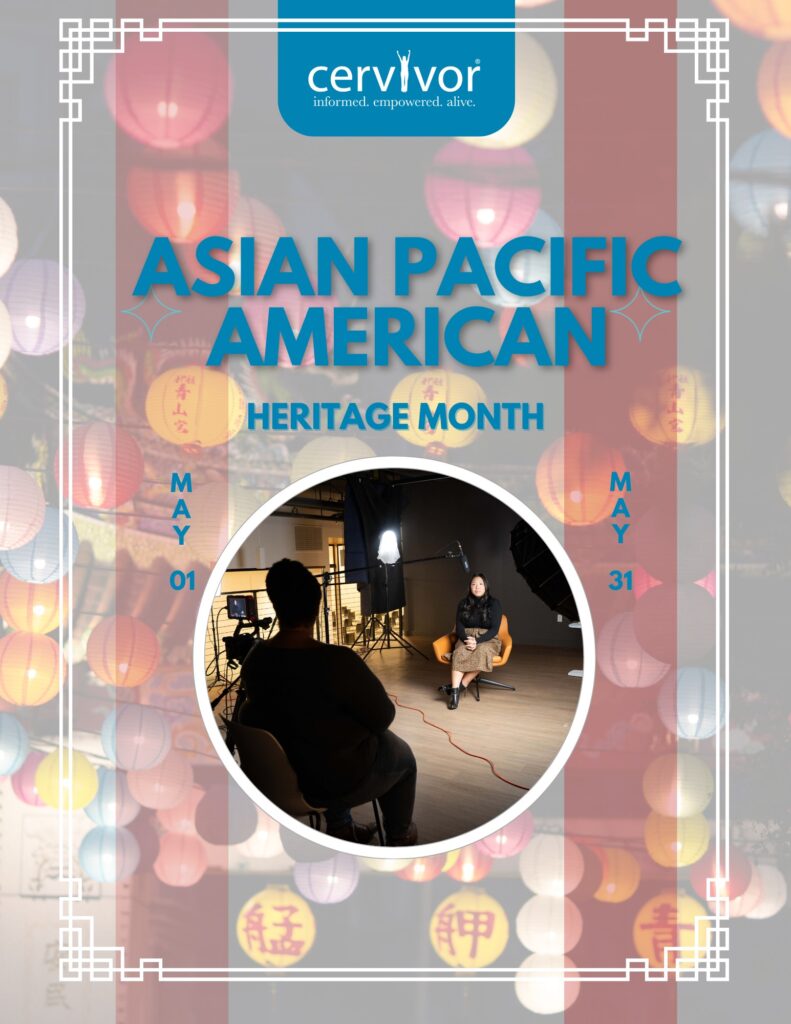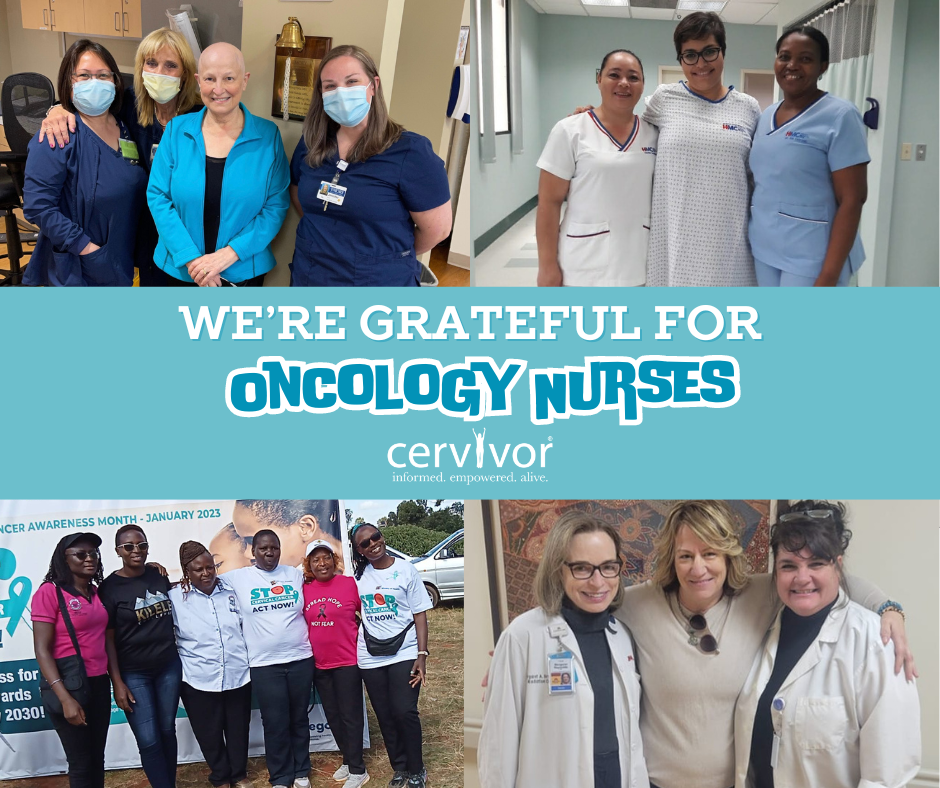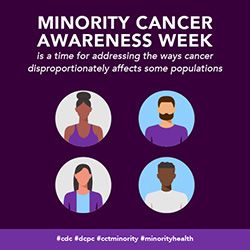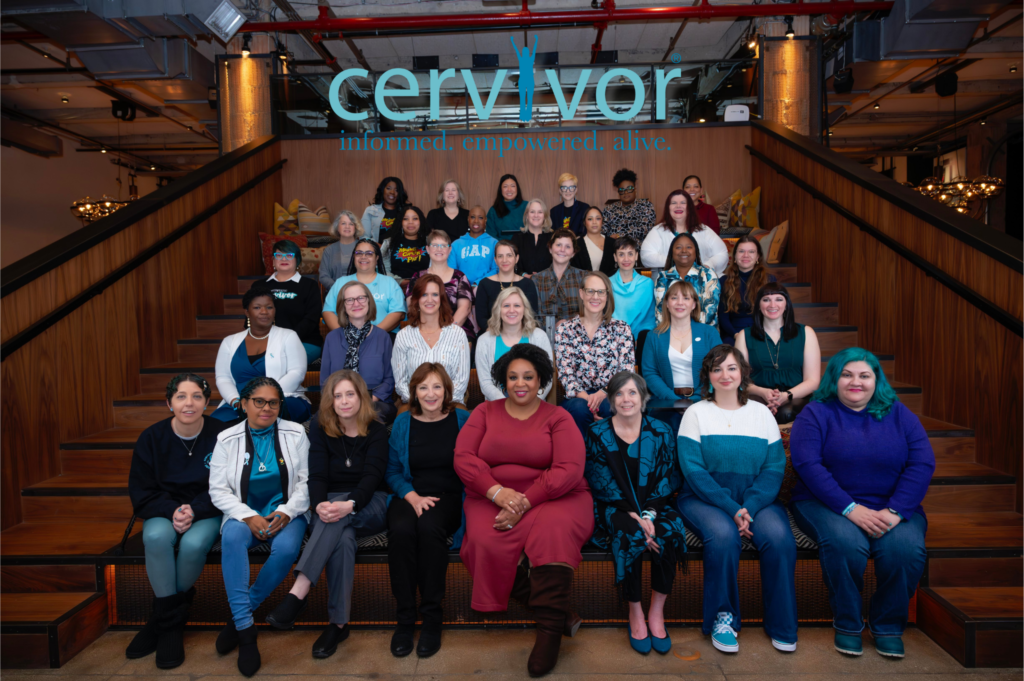As May unfolds its vibrant colors and warmer days, it brings with it a variety of celebrations, honoring rich cultures and invaluable professions. It’s a month of recognition, reflection, and appreciation. In this blog post, we recognize the significance of Asian American and Pacific Islander Heritage Month, culminating in the heartfelt acknowledgment of National Nurses Week and National Oncology Nurses Month.
Asian American and Pacific Islander Heritage Month
May marks a special time to celebrate the diverse cultures, traditions, and contributions of Asian Americans and Pacific Islanders (AAPI) in the United States. It’s a time to honor the resilience, achievements, and rich heritage of these communities that have shaped the very fabric of American society.

From the vibrant festivals and cuisines to the profound contributions in arts, science, technology, and beyond, the AAPI community has left a mark on every aspect of American life. It’s a moment to reflect on their journeys, triumphs, and ongoing struggles, cultivating understanding, respect, and unity.
Sharing cervical cancer stories among Asian American and Pacific Islanders (AAPI) is vital for creating an open dialogue that transcends generations. By sharing their experiences, AAPI individuals not only break the silence surrounding cervical cancer within their communities but also dismantle cultural taboos and stigmas associated with discussing health issues openly.
Through storytelling, they can address unique challenges, such as language barriers, cultural beliefs, and access to healthcare, which may affect prevention, diagnosis, and treatment. By amplifying their voices, AAPI individuals empower others to prioritize their health, seek preventive care, and engage in informed discussions with healthcare providers. This open dialogue not only raises awareness but also paves the way for improved support networks, advocacy efforts, and healthcare policies tailored to the needs of AAPI communities, ultimately contributing to better health outcomes for future generations.
National Nurses Week
Amidst the celebration of cultural diversity, May also holds a special place to honor those who epitomize compassion, care, and resilience – nurses. National Nurses Week, celebrated annually from May 6th to May 12th, pays tribute to the remarkable contributions of nurses to the healthcare sector and society at large.

Nurses are the heart and soul of healthcare, providing comfort, healing, and support to patients and families during their most vulnerable moments. Their dedication, sacrifice, and commitment often go unrecognized, yet their impact reverberates profoundly in the lives they touch. If you would like to honor your nurse this month, send us an email at [email protected] with a photo and/or a written shoutout.
National Oncology Nurses Month
In the same vein, May also shines a spotlight on a group of healthcare professionals who provide exceptional care to individuals enduring cancer. National Oncology Nurses Month recognizes the invaluable role of oncology nurses in delivering comprehensive, compassionate, and personalized care to cancer patients.


These dedicated professionals navigate the complex terrain of cancer treatment with grace, empathy, and expertise, offering not just medical support but also emotional and psychological solace to patients and their loved ones. Their tireless efforts and boundless compassion make a tangible difference in the lives of those affected by cancer.
As we traverse through May, let us embrace the spirit of celebration, gratitude, and solidarity. Let us honor the rich tapestry of Asian American and Pacific Islander heritage, celebrating diversity and cultivating a community rooted in inclusivity. Simultaneously, let us extend our deepest appreciation to the nurses – the unsung heroes of healthcare, whose selflessness and dedication inspire us all. Whether it’s through cultural appreciation or healthcare acknowledgment, May offers us all the opportunity to reflect on how diversity and dedication enrich our lives and communities.


